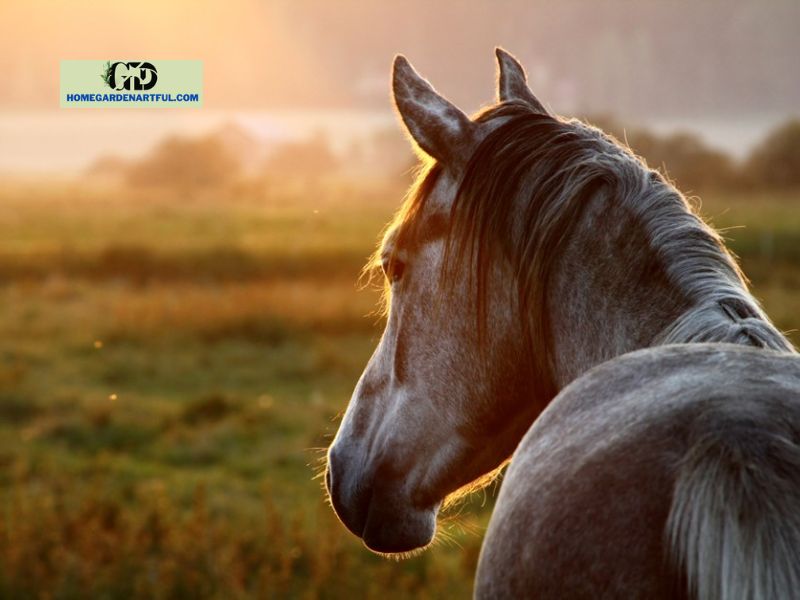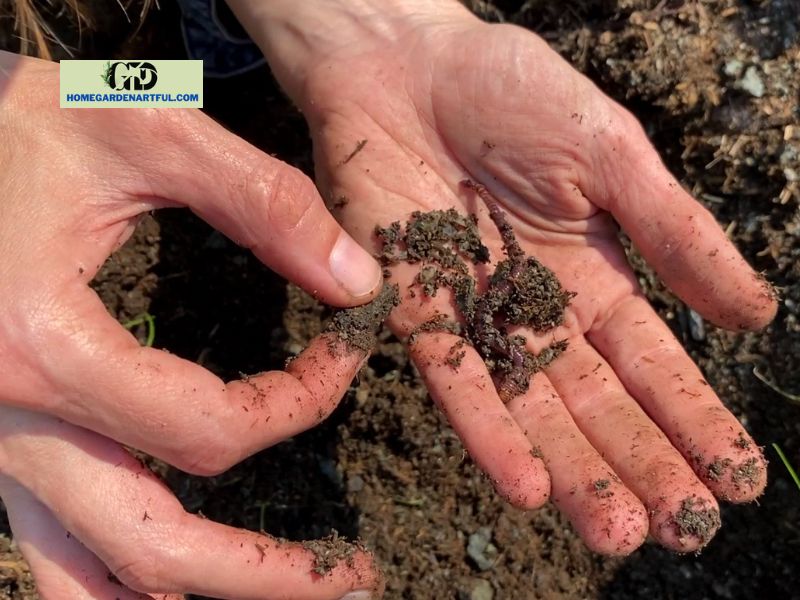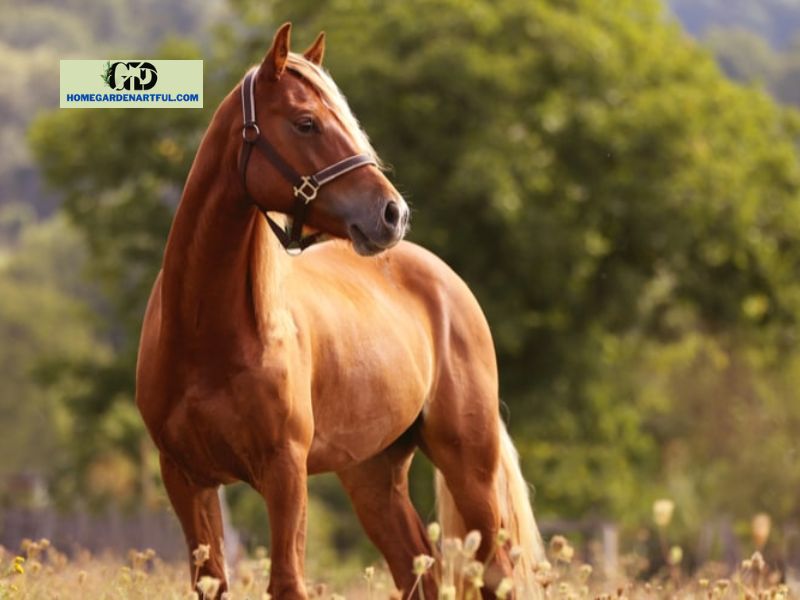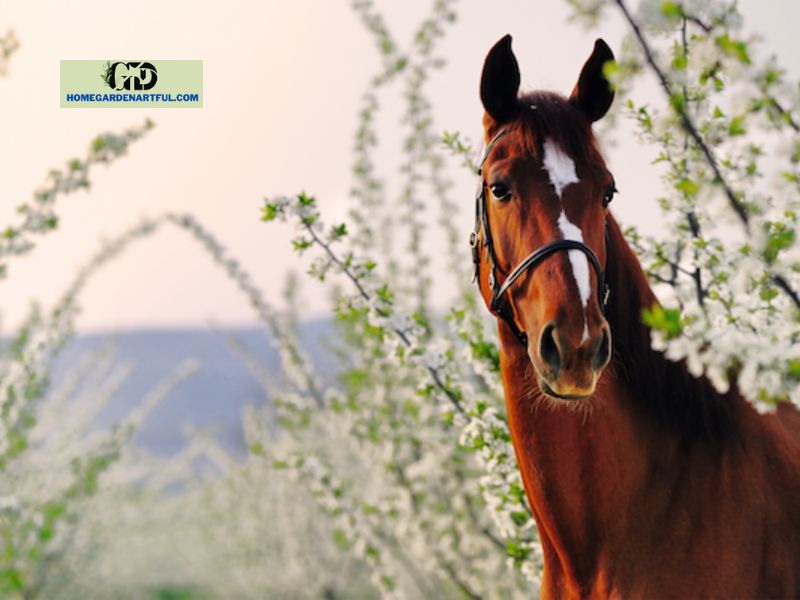What Plants Don’t Like Horse Manure? People have been seen gathering horse dung in parks and local stables with the purpose of utilizing it in their gardens.
However, it makes me wonder if all gardeners understand how to use items such as manure.
All types of manures are considered useful fertilizers.
However, immediately applying it to your plants and bushes is not always a smart idea! Some plants are not fond of horse dung! Especially if abused… Discover at homegardenartful.com!
What plants don’t like horse manure?

Horse manure does not agree with root vegetables. The nitrogen level is excessive, and the high nutritional components might cause plant burn. Horse dung should not be utilized raw, but should be well-composted. To limit weed seed germination, use hot composting procedures.
Horse manure is an organic product that is usually helpful to our gardens and plants, so the thought that it is not acceptable in some situations sounds contradictory!
This logic becomes even more perplexing when you learn that horse droppings have better nutritional content than cow manure!
Indeed, if it has more nutrients, that’s a good thing… Right?
Before you give up on utilizing horse manure in your garden or composting, consider why horse dung isn’t as popular in the garden as other types of livestock manures.
Some Horse Manure Composting Issues

While I get any hate mail from horse compost users, let me state unequivocally that horse manure can and should be used in the garden and compost.
Despite this, the nature of horse muck necessitates using it with greater caution than other livestock manures. Horse dung can harm some plants, and there are also drawbacks to using it in your compost.
One of the most serious problems is that horses are not ruminants. This implies they do not reprocess their meal like cows do by chewing the cud and going through numerous cycles of fermentation in the gut.
As a result, plant material is not as thoroughly broken down, and weed seeds can survive the horse’s voyage and end up in your compost or garden! The only approach to avoid the spread of undesired weeds is to compost the horse dung in a hot compost system, which will kill any seeds that might have survived the journey.
Will Horse Manure Cause My Plants to Burn?
Horse manure is considered “hot,” which implies that if applied directly to the soil, the higher nutrient concentration in the droppings might burn fragile plant stems and roots.
Root vegetables including beets, radishes, carrots, and potatoes are especially sensitive to horse manure.
Another vegetable that can be harmed or burned by putting horse dung into the soil is salad greens. They do, however, benefit from well-matured horse dung compost.
Is it possible to put too much horse manure in your garden?

Too much of anything is bad, and this is especially true when it comes to utilizing manure in the garden. Horse manure should never be utilized in its raw form in your garden since you could accidentally add too much and burn your plants.
Horse dung should be included as a “green” ingredient in your composting program and balanced by adding “brown” or carbon components to the combination.
Too much horse manure increases the risk of burning plants, but it also reduces harvest yield in fruiting plants.
Horse dung is high in nitrogen, which promotes leaf development and plant growth but can hinder fruit development on the plant. As a result, when fed horse manure, crops such as tomatoes, cucumber, sweet peppers, chilies, peas, beans, and other fruiting plants will not generate high yields.
Horse Manure Gardening
Adding horse dung directly to the garden is possible if certain requirements are followed.
The presence of wild grass seed, weed seed, and even undigested oats in raw horse excrement is a big issue. Spreading this manure in your garden can introduce undesired weeds that compete for nutrients with your plants and add to the gardener’s weeding work.
Is Horse Manure Beneficial to All Plants?
Horse dung is not suitable for all plants, particularly those that produce food. Fruit-bearing plants, on the other hand, can be given horse dung compost early in the season but not later in the season.
The high nitrogen concentration of horse manure compost encourages leaf and height growth in the plant but limits production.
Conclusion
Horse dung is a nutrient-rich resource that gardeners should not overlook, although caution should be exercised when using it in compost or in its unprocessed form.
One of the best ways to use horse manure in the garden and limit the negative effects of this form of fertilizer is to compost raw dung using the hot composting method.


